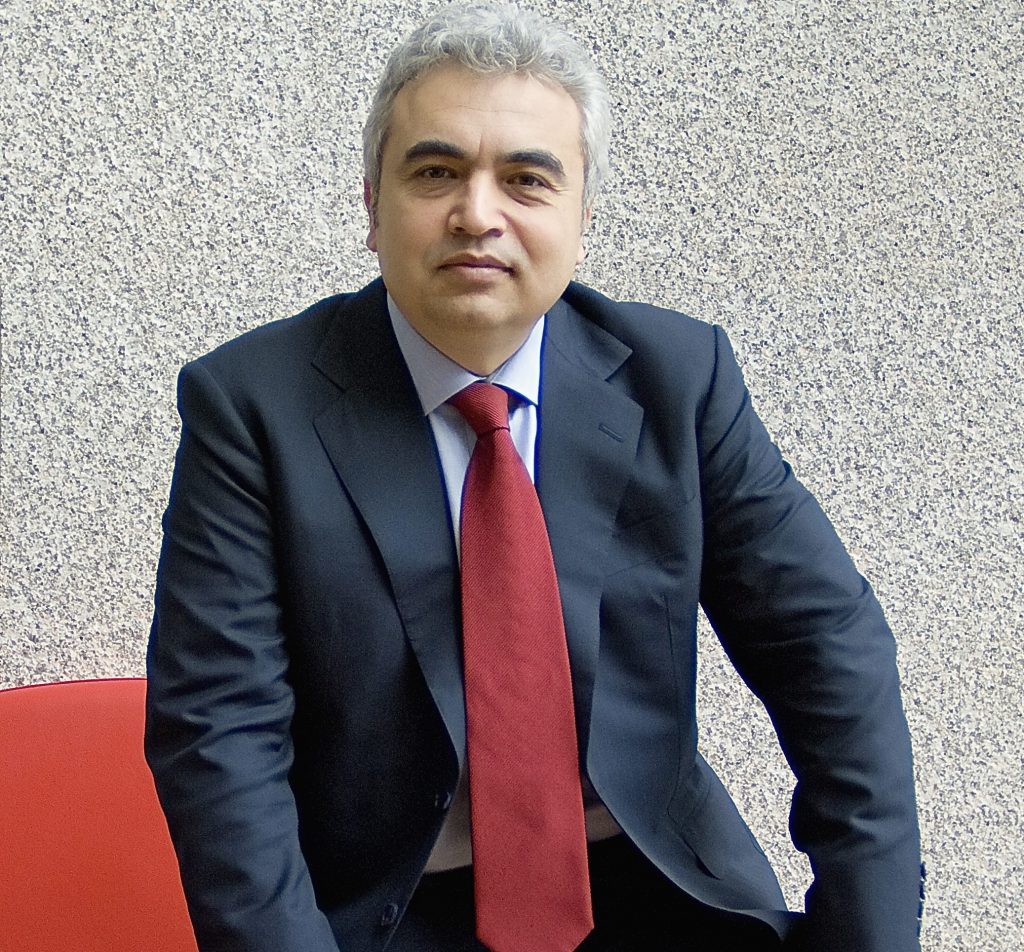
The new executive director of the International Energy Agency (IEA), ushering in a new era for the global energy authority.
His selection as IEA Executive Director marks one of the rare occasions that the head of an international organisation has been selected from within its ranks.
Having worked at the IEA for 20 years, Dr Fatih Birol starts his new job job with an intimate knowledge of where its strengths lie and where – and how – it can improve its ability to effectively respond to the changes taking place in the global energy landscape.
Dr Birol becomes the seventh Executive Director to lead the IEA, which was founded in 1974. He succeeds former Dutch minister Maria van der Hoeven.
“It is the privilege of a lifetime to be chosen to run the IEA, and I am deeply honoured by the trust that each one of our 29 member countries has placed in me,” he said.
Paris-based IEA is an autonomous organisation which works to ensure reliable, affordable and clean energy. The IEA has four main areas of focus: energy security, economic development, environmental awareness and engagement worldwide.
A renowned expert is his field, Dr Birol joined the IEA in 1995 and most recently held the positions of chief economist and director of global energy economics, with responsibilities that included directing the flagship World Energy Outlook publication.
He is also the founder and chair of the IEA Energy Business Council, which provides a forum to enhance co-operation between decision-makers in the highest levels of government and industry.
Earlier in his career, he served in the Secretariat of OPEC. He has also been a member of the UN Secretary-General’s high-level group on sustainable energy for all and was named by Forbes magazine among the most influential people on the world’s energy scene. He is the recipient of numerous awards from governments from all parts of the world.
A Turkish citizen, Dr. Birol was born in Ankara in 1958. After initially studying power engineering at the University of Istanbul, he went on to receive a MSc and PhD in energy economics from the Technical University of Vienna and a Doctorate honoris causa from Imperial College London.
Recommended for you
